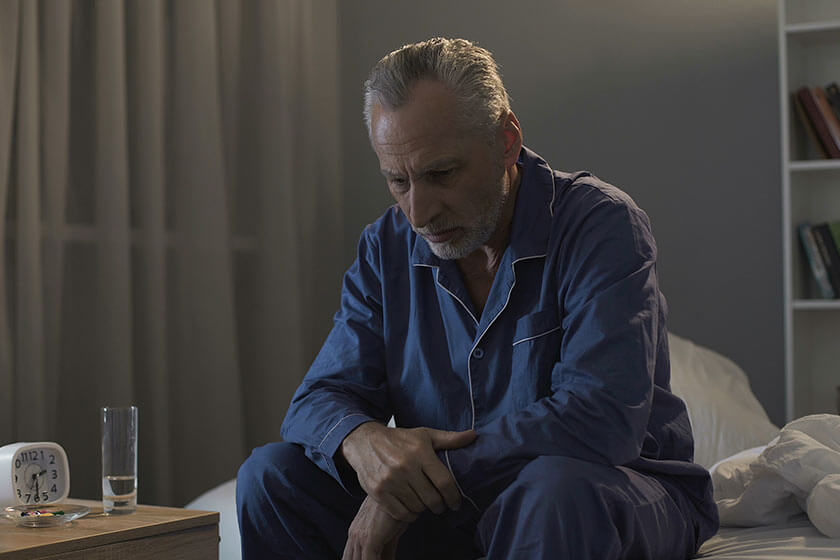Untreated dementia can have devastating effects on the lives of both the person with dementia and their caregivers. Many families are not aware of seeking appropriate treatment, leading to high rates of untreated dementia in adults over 65 years old, especially women. If you think that your loved one may be showing signs of dementia, then it’s important to know what these symptoms are and how you can help them receive the care they need as soon as possible, and this will help avoid the back effects of untreated dementia.
Relationship Issues
A common misconception about Alzheimer’s is that it’s a normal part of aging. It isn’t, and ignoring a diagnosis of dementia is a mistake that will only hurt you and your loved one. Take time to understand its effects on relationship issues, from communication to intimacy. Depending on your role in their life, things may get harder before they get easier.
Embarrassment
People with dementia are at risk of embarrassment on many fronts. For one, some become so confused they say or do inappropriate things. They might also wander away from home and become lost. Either way, they can be subjected to criticism by onlookers who don’t understand what is happening. They might even be taken advantage of financially if family members aren’t watching out for them.
Poor Sleep
Sleep is a cornerstone of a healthy lifestyle and is becoming an increasingly popular area of research in dementia research. Proper sleep has been shown to help with thinking skills, memory processing and can help slow cognitive decline. Researchers from Rush University Medical Center found that sleep deprivation in people without dementia may be an early warning sign for Alzheimer’s disease down the road. At the present, there are no treatments available to cure dementia or Alzheimer’s disease, but studies have shown that treatment for other health conditions such as diabetes or depression can improve sleep quality in people with these disorders. Talk to your doctor about getting a good night’s rest if you’re having difficulty sleeping because of your symptoms.
Injuries
Unchecked Alzheimer’s disease can lead to physical injuries. If you or a loved one has dementia, be sure always to monitor your safety. Walk with care, use handrails when needed, and do not allow yourself to fall. Falls can cause brain injuries that increase dementia symptoms and slow down recovery time. Monitor your food intake as well; if dementia is present, you might forget that you already ate and overeat again, which can lead to dehydration and hospitalization. Remember that by treating Alzheimer’s disease—even in its earlier stages—you may be able to reduce these dangerous side effects of untreated dementia (if they haven’t yet set in).
The Effects on the Brain
One of the many serious effects of untreated dementia is on the brain. Alzheimer’s disease, which is one type of dementia, causes progressive damage to nerve cells in areas of your brain involved in memory, learning, and other cognitive skills. It is important to remember that it does not cause accidental damage but rather begins with changes in specific parts of your brain that are directly connected to mental functions. Brain cells are also affected by normal aging, making them more susceptible to damage from other diseases or injuries. No matter what condition you have developed, it will be important for you to seek treatment as soon as possible. This will help ensure that your quality of life remains high despite any cognitive impairment you may experience at different stages throughout your life.>







